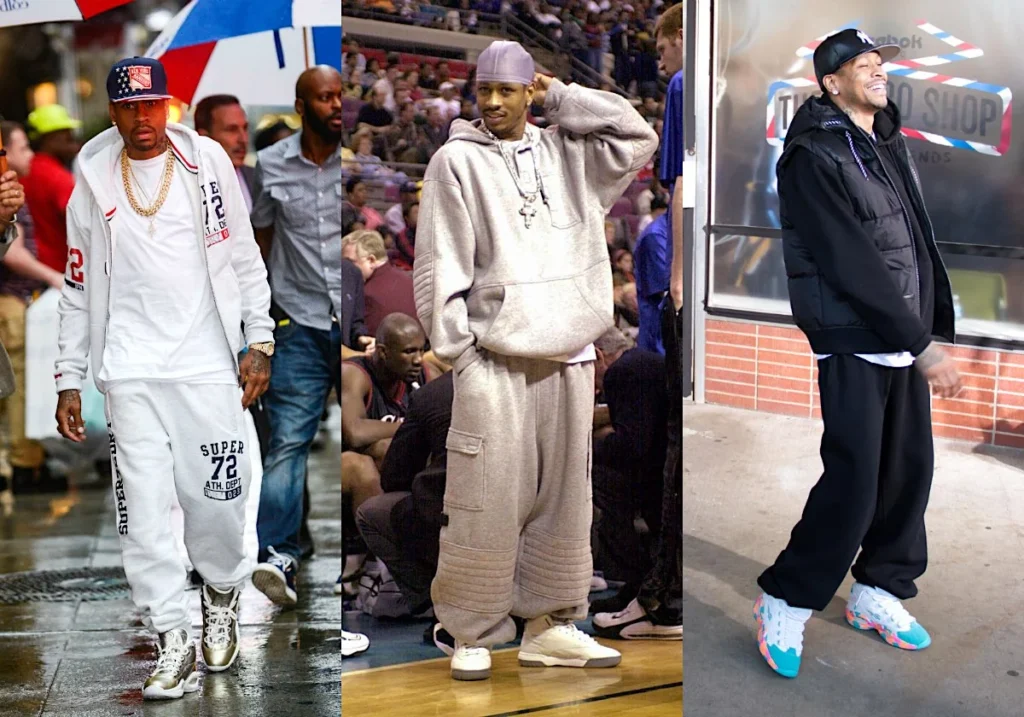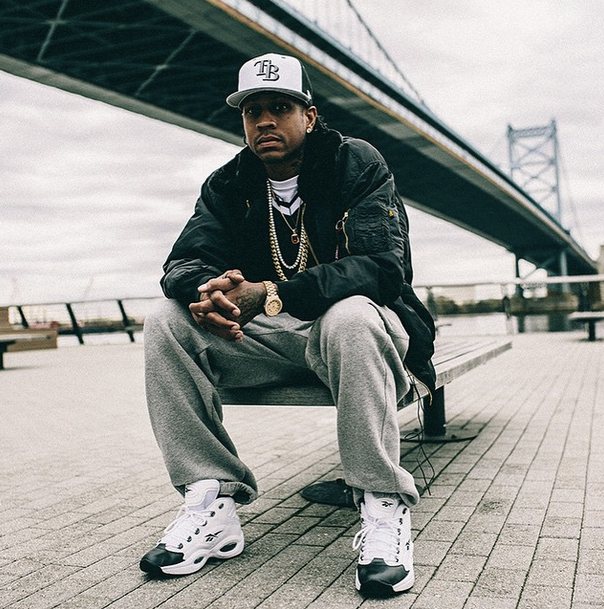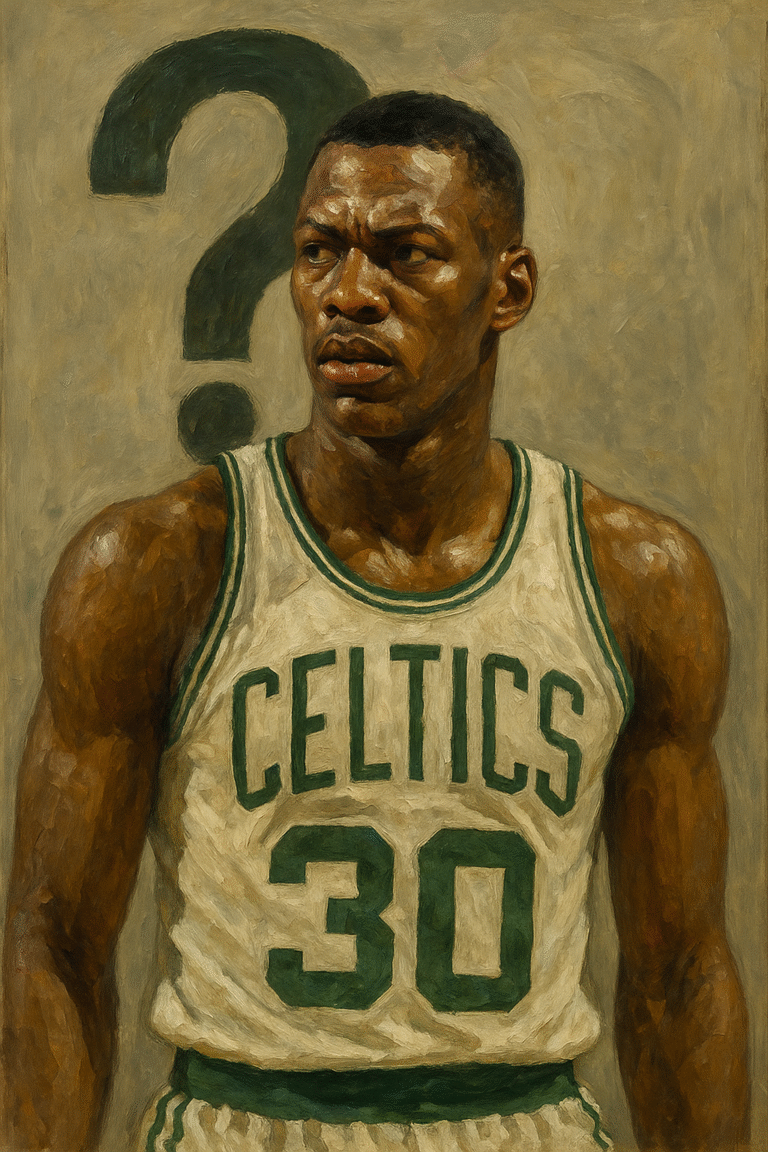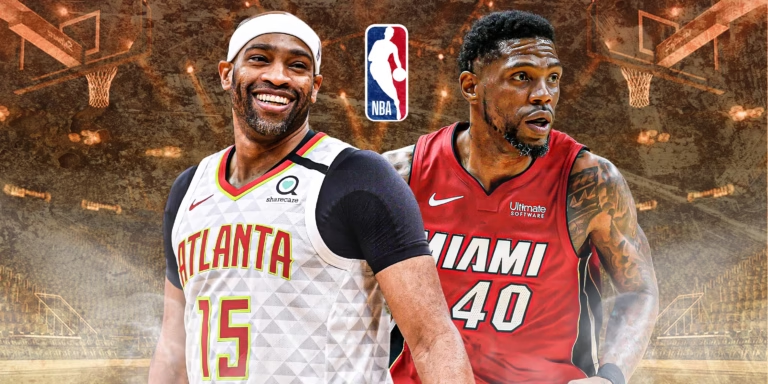Allen Iverson was a generational talent—pound for pound, one of the toughest to ever play the game. He gave everything on the court: his body, his heart, his drive. But as his cultural influence grew, something else followed him into the next generation of hoopers—and it wasn’t his work ethic.
Today, young players idolize Iverson’s swagger, the braids, the tattoos, the hip-hop bravado. But they often forget the sacrifice and pain behind the man. Iverson was a warrior who showed up despite injuries, who played with heart in a league that didn’t always welcome him. Yet what many of today’s players bring forward isn’t the fight—it’s the flash.
Basketball used to be where Black men showed professionalism, spoke with power, and dressed with pride. You saw athletes in suits, quoting books, giving polished interviews, and serving as role models for the community. Now, too often, players want to be rappers—chasing clout over championships, and trends over legacy. And not the conscious, poetic kind of rappers. The kind that glorify chaos.

We need to ask ourselves: What happened to respecting the game? When did we stop valuing humility, leadership, and growth? Iverson never asked to be a role model—but that doesn’t change the fact that he became one. The problem is, too many people copied the style and skipped the struggle.
It’s time we raised the bar again. We can honor Iverson’s influence while choosing to elevate the legacy he left behind—not water it down.






